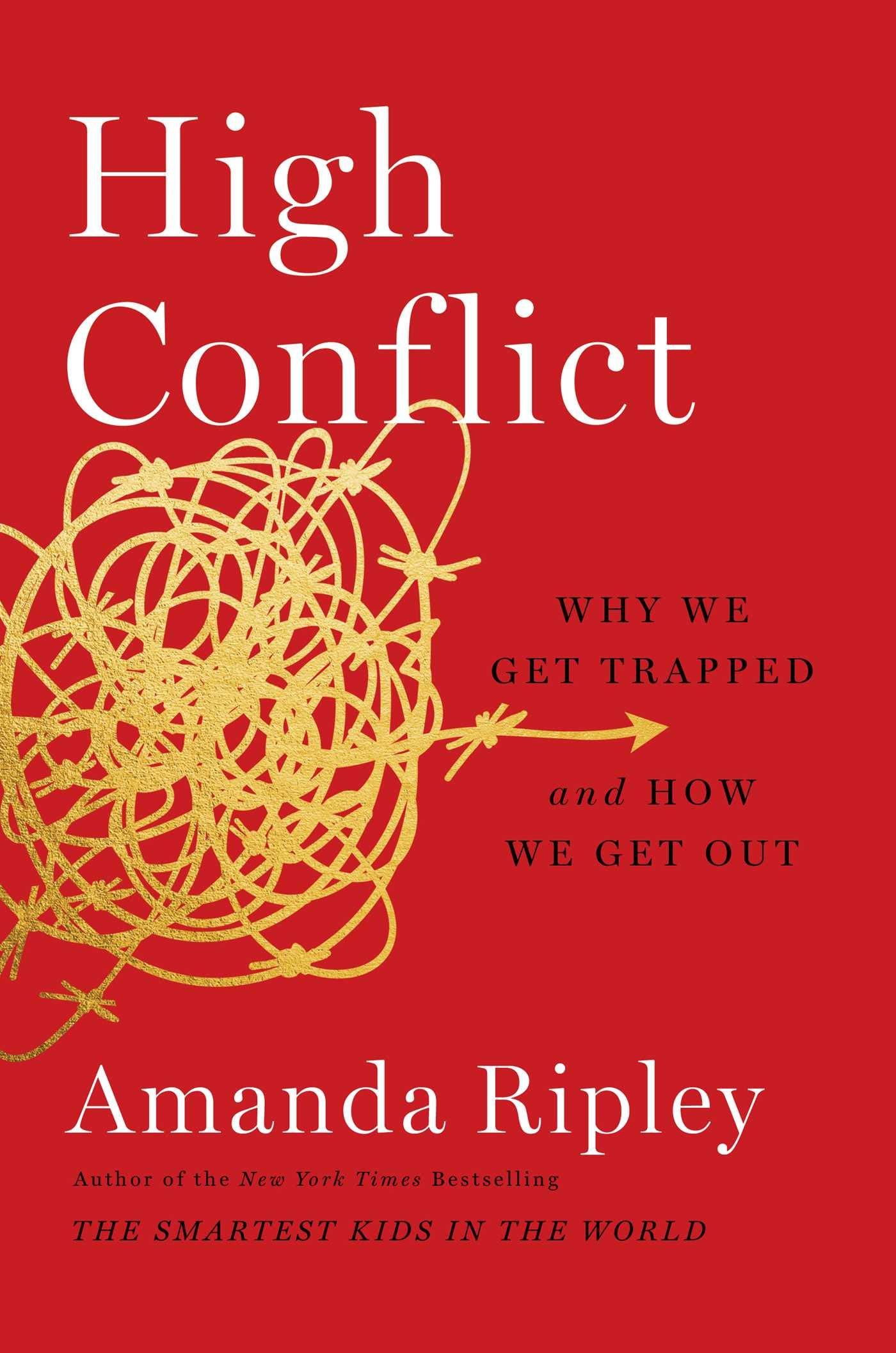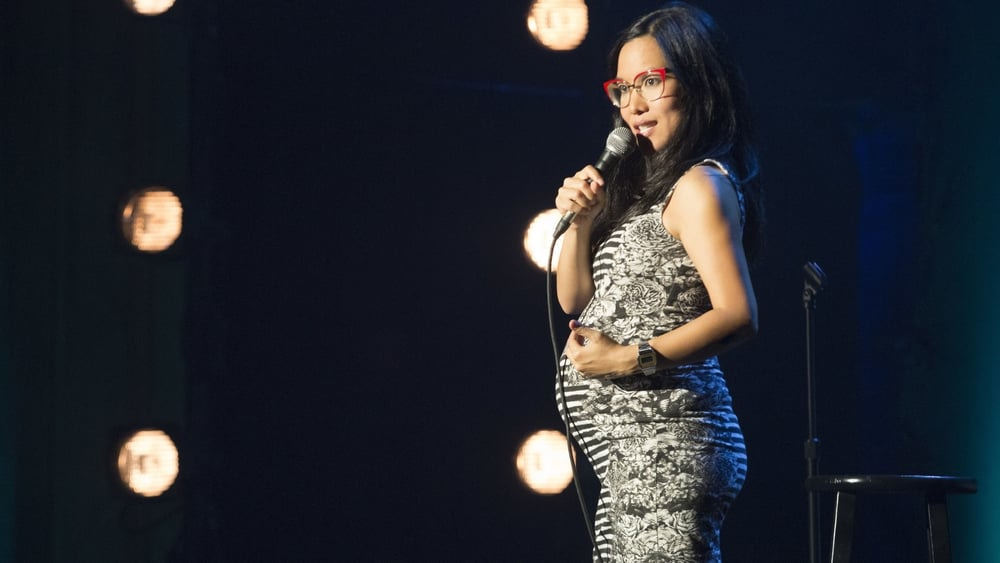(This article contains spoilers for the show Beef)
Have you ever pretended to be something you are not to be loved and have friends? Did you pretend to like some music or movie, or even change how you think to fit in?
I know you have because we were all teenagers at some point. What I remember most about being a teenager, in general, was wanting to fit in as much as possible. This meant wearing similar clothes to everyone else, buying the same brands, having the same things, and looking the same. It makes sense; kids can be mean, and standing out was met with gossip, exclusion, or sometimes direct bullying.
Everyone did it because no one wanted to be alone. We all want friends and connections. That also meant hiding some other parts of us that weren't so cool. In my case, I liked emo music (it was the 2000s 🤷🏻♀️), anime, and video games.
And in a way, we still hide some parts of ourselves and try to follow trends, depending on the conditions around us. But in general, getting older and more mature means feeling more comfortable in your own skin and reclaiming who you are. Older people don't care much if you like them or understand them or not; I love that about them.
But maturing in this sense takes place on different timelines for different people, and some are forever stuck on how other people perceive them. They would change anything about themselves to fit in with the crowd so they could be loved and accepted.
And that's exactly what we see in the character Amy Lau (Ali Wong) on the recently released Netflix show Beef. She is so worried about not being alone that she will endure a miserable life. She has a job she hates, a husband who is the epitome of toxic positivity, and a rude mother-in-law. She has created this mask around her of being an extremely calm and centered person who has all her life together. In reality, she is angry and explosive.
In the wake of a road rage encounter with Danny Cho (Steven Yeun), her life is forever changed. She channels all her frustration with her life into this ongoing Beef, which continues to escalate and completely involves both their lives and everyone in them.
Danny and Amy are thrown into a developing arc through conflict, which can sometimes escalate to a point of absurdity. Only when they can both face what they have been hiding about themselves and see how similar they are, they can stop fighting once and for all.
Self-hatred and high achievement
When we start Beef we see Amy in her "flawless" life. She has her own company, which she is trying to sell for millions of dollars, a handsome husband, an adorable daughter, a huge house, and respect for her successful company.
But we also notice that her smiles are forced and that she is definitely hiding her feelings. She is a high achiever. And as one, for all her accomplishments, she cannot trust a basic idea: that it is acceptable to be herself. Simply being is never enough. High achievers' right to exist can only be assured by constant doing. Their frantic activity masks an underlying doubt about their acceptability.
No wonder Amy's efforts are so often self-defeating and self-hating. We see that what she craved was not money, power, or even more free time with her family. Her basic need was to feel accepted and loved for who she truly was.
Even when she achieves her greatest triumph, selling her business, she is not happy. She feels hollow in the months that follow. She confusedly recognizes that every possible achievement has been achieved, but that none of them has, somehow, been sufficient to quell her pain and restlessness within.
This restlessness can only be "cured” when she can be herself and be angry, explosive, and even mean. The only way she can be that way is through her constant fight with Danny.
People that are hurt will hurt others
At the beginning of the series, we see how Amy avoids conflicts with her husband, mother-in-law, and even her daughter. Everyone around her perceives her as peaceful and centered. However, the reality is that being conflict-averse is not a positive trait, or even a charming and kind approach to existence.
Amy didn't really dislike a fight, as we can see when she engaged in road rage with a stranger. She, however, had a difficult time getting on her own side with her family; she hated herself too much to defend herself. She fears losing them and being alone. She felt she wasn't worth their love.
Conflict aversion is a symptom of shame and self-hatred. We run away from the battle because we loathe ourselves too much to stand up for who we are. We see that Amy's parents made her feel terrible and unable to defend herself while growing up, leading her to what she is today. But being averse to conflict and having your feelings bottled up can lead to depression and breakdown, which is exactly what we see following this TV show.
On the opposite side of the beef sits Danny Cho. He is less conflict-averse but very afraid of being alone just like Amy. He hid acceptance letters from his brothers so he wouldn't move away and all he wants is to have his parents back in the US - and for them to be proud of him.
He has reasons to be angry, though. He doesn't have money, and all of his efforts to get on his feet fail. Throughout the series, we see how unbalanced the confrontations between the two characters are. Amy's money gives her significantly more power in most situations.
But at the same time, even though we may find ourselves more on Team Danny than Team Amy, the series quickly shows how problematic this character is as well. Although a lot of his problems seem to come out of bad luck and he seems to have a kind heart, he takes many questionable attitudes throughout the 10 episodes.
By using this constant friction between the two characters, the show explores how anger is filled with insufficiency in their lives. They lack the possibility of being themselves, relaxing, and getting what they want. They will take things to extremes with this beef instead of addressing the real issues in themselves and in their lives. They hide behind them until they are unable to do so.
It is an interesting show in which we tag along on their journey to understand exactly how they are hurt and how they act about it.
The Beef tells us that a range of psychological ills may arise if we do not regularly identify our emotions and sufficiently feel them. These illnesses include anxiety, paranoia, and depression. The accumulated unfelt feelings of both characters who both constantly agree that "Western psychology doesn't work on Eastern minds” generate mental unwellness that takes them on the most damaging possible path hurting everyone around them.
The show also tells us that we can only truly connect with others when we are ourselves. Otherwise, we are always wondering, and rightly so, if the other person likes the true us or the mask we show.
High Conflict: Why We Get Trapped and How We Get Out by Amanda Ripley
This is the first book I recommend without having read it first. But in my defense,
made a very compelling case for it, and it fits the topic pretty nicely. In High Conflict, Ripley investigates why people become trapped in high-conflict situations and offers practical strategies for navigating and resolving these conflicts.Beef is not a comedy, but Ali Wong is undoubtedly one of my favorite stand-up comedians. Wong's humor is sharp and irreverent, and her delivery is both confident and self-deprecating. She's not afraid to poke fun at herself or her own cultural background, and she uses humor to subvert expectations and challenge stereotypes. Her comedy is both empowering and relatable, and she has an unexpectedly foul mouth that makes her even funnier.
This is a truly binge-able series. You will probably watch it in less than a week. It's a thriller that continues to escalate, but it also tells something about our wishes to connect and be truly seen by others. In the same vein as A24's other productions, "Beef ” is a show about a topic we don't see represented enough. People who are angry and hurt, and how can that be destructive to everyone around them.














The first episode of Beef has blown me away and I can't wait to see how it develops, and when I need a break from the intensity I'll check out Ali Wong's stand-up, which has been in my queue. Thanks for all the insights and the recommendations!
Thanks for the shout-out! Definitely putting The Beef on my to-watch list. It sounds so compelling with so much insight into how avoiding conflict altogether can become its own form of toxicity.